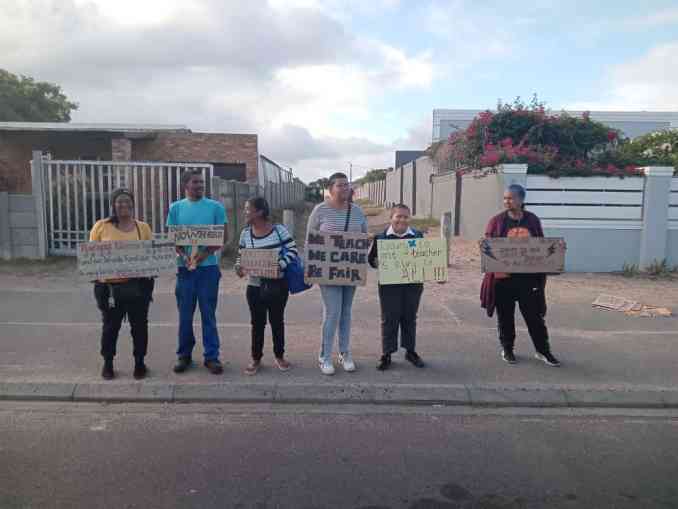BY Mike Ndlovu media organiser for Kopanang Africa Against Xenophobia (KAAX) – this post first appeared on Elitsha
The recent tragic deaths of six children in Naledi, Soweto, have reignited discussions about food safety, community relations, and the role of foreign-owned businesses in township economies. While emotions run high and fingers are quickly pointed, we once again witness the scapegoating of migrants – a ploy to divert attention away from those truly responsible: the state, particularly local and provincial government in Gauteng.
IN SUMMARY: Understanding the Context
- Focus on establishing facts surrounding the children’s deaths before making assumptions.
- The state should prioritize an evidence-based response, avoiding xenophobia-fueled actions.
- Random raids on foreign-owned shops are harmful, often involving police brutality.
The Compliance Question
- Inspections reveal the shop in question was compliant as of August.
- Blaming migrant-owned shops diverts attention from systemic regulatory failures.
Addressing the Real Threats
- Large food corporations should be held accountable, not small business owners.
- The listeriosis outbreak from Tiger Brands shows evidence of corporate negligence.
- Despite profits, the food industry neglects the poor, contributing to starvation and preventable deaths.
Shifting Focus: Tackling Root Causes
- Xenophobia diverts attention from core issues: unemployment, poverty, and economic inequality.
- These root issues drive cycles of violence and the scapegoating of migrants.
A Call for Accountability and Protection
- Communities must organize to hold local authorities accountable for health and safety standards.
- Demand state protection and fair working conditions for all workers, formal and informal.
- Pursue lasting solutions by holding genuine culprits accountable instead of targeting vulnerable groups.






